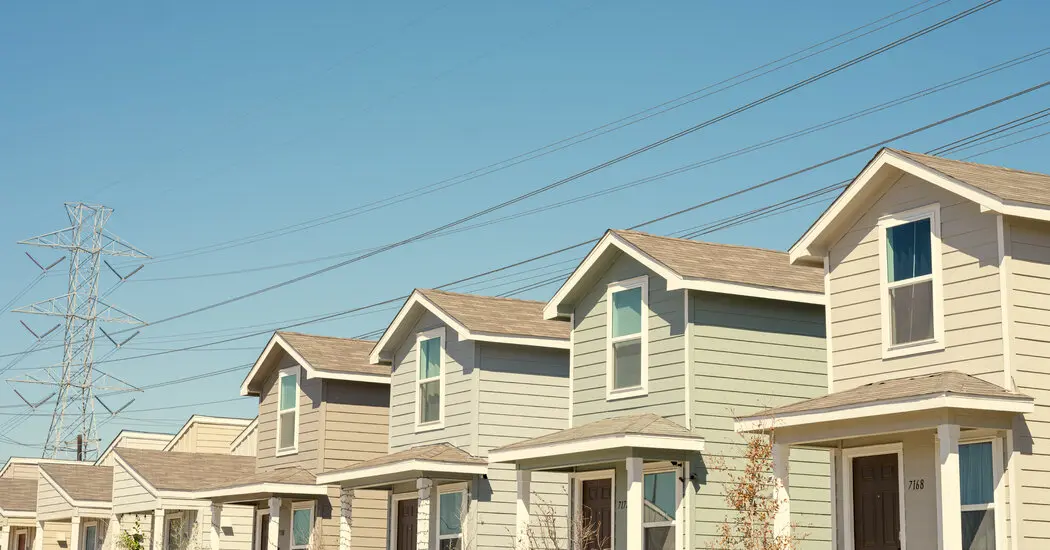- cross-posted to:
- [email protected]
- cross-posted to:
- [email protected]
cross-posted from: https://slrpnk.net/post/7082516
The stubborn nature of housing inflation isn’t a total mystery. Economists knew it would take time for the moderation in rents seen in private-sector data to make its way into the Labor Department’s official Consumer Price Index.
There are two reasons for that delay. The first is technical: The government’s data is based on a monthly survey of thousands of rental units. A given unit is surveyed only once every six months, however. So if an apartment is surveyed in January and the rent goes up in February, that increase won’t show up in the data until the apartment is surveyed again in July. That causes the government data to lag behind conditions, especially during periods of rapid change.
The second reason is conceptual. Most private indexes include rentals only when they get new tenants. But the government aims to capture housing costs for all tenants. Because most leases last a year or longer, and because those who renew their leases often get a discount relative to people renting on the open market, the government’s data will typically adjust more gradually than the private indexes.


I agree that there’s collusion among landlords via the use of common rent-setting software, and that your personal rent didn’t go down. I don’t see real evidence that the stats here are wrong in claiming that the average rate of increase has dropped a lot though.
The rate of increase might be going down, but that doesn’t mean much when they have increased so astronomically to begin with. Additionally, the goal of this software is to create the highest number of prospective renters at a single time. For instance, I signed my current lease for nine months at about $1200 per month (the cheapest option), while a year was $1700 a month. When I asked about this large discrepancy, , especially for the longer term, I was told the software calculates the number of leases ending at a specific term (across all locations using the software) and offers the cheapest option for the term with the most leases ending. It’s completely designed to create massive demand to either force tenants to accept the next large increase or have to pay moving costs and still pay significantly more.
Rate of increase went down is exactly the definition of lower inflation. It’s not the same as saying “people can live easily.”
I’m saying there is going to be larger “inflation” (I don’t think that’s the right term for gouging) on the way as the rent collusion increases as the current users have success. When they successfully create large, artificial, cyclical spikes in demand housing will continue to increase astronomically.
Quite possible, but the point of the article is that it’s not happening right now.